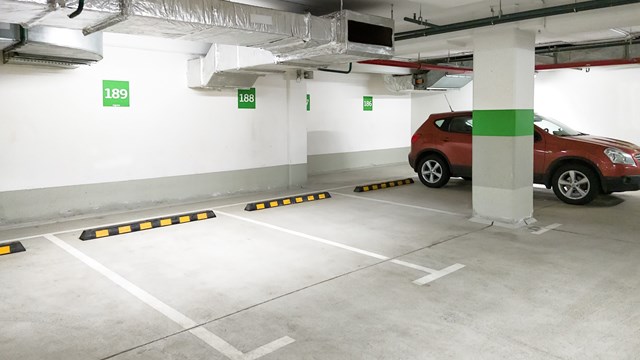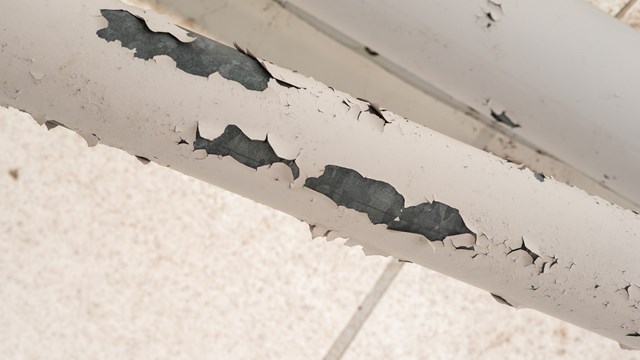
Q. If a board chooses not to conduct a criminal background check on either a prospective employee or purchaser, could the board and/or board members be liable if that person commits a crime or other misdeed against the property or residents and it comes out that they had a history of such behavior?
—Better Safe Than Sorry?
A. Boards of cooperative corporations and condominiums are charged with operating and managing the day-to-day affairs of their respective buildings, says Attorney Mark A. Hakim, a partner at Schwartz Sladkus Reich Greenberg Atlas LLP in New York. “Unlike boards of condominiums who generally do not have consent rights, but rather a right of first refusal to purchase the apartment, NYC co-op boards generally have a right to approve or reject a potential purchaser for any reason or no reason—including certain criminal history—provided it is not discriminatory.”
“Potential purchasers of a condominium or cooperative apartment generally submit a purchase application to the building’s management containing a wealth of information on the potential purchaser and occupants, ranging from financial information to reference letters to rental and employment history, etc for board review and, if applicable, either approval or (in the case of a condo) waiver of the right of first refusal. All of this information is intended to assure the board that the purchaser has the financial wherewithal to meet his/her financial obligations to the building, and to otherwise paint a picture of who the new shareholder/neighbor will be. Until this year, boards would also generally require that each applicant permit the board (or its agent) to run a full criminal background check.
“However, effective as of January 1, 2025, New York City enacted Local Law 24, which narrowed boards’ ability to run criminal background checks, and what information boards can review. Now, boards may only consider a potential applicant’s prior criminal history after the potential purchaser has otherwise been approved by the board. In addition, the criminal background checks are now limited to a particular and very limited set of criminal convictions, and not just any crimes.”
Attorney Hakim goes on to say that regardless of what action a board takes, it must do so with the best interests of the corporation and its shareholders, as it owes a fiduciary duty to both. “There are generally two components to the fiduciary duty: the duty of care, and the duty of loyalty. The former requires a board to be generally well-versed and educated on the topic on which they are going to make a decision. The duty of loyalty means that each board member must make a decision in the best interest of the building as an entirety, and not themselves, or one individual. Board members who meet these requirements are generally exempt from liability in the event an action is brought against them.
“I recommend to all of our boards that a criminal background check be run. While a board can certainly make the decision to not run them at all, I would not advise an ad hoc policy wherein criminal background checks are run on some applicants and not others, as that could lead to potential issues, not the least of which is a claim of discrimination. I personally believe it’s wise to perform these criminal background checks to the extent legally permissible. Boards are charged with a fiduciary duty to their shareholders, and running a background check, which is generally at the expense of the purchaser, is wise, prudent, and beneficial to the shareholders and residents of the building. It brings them peace of mind as to whom they are living next to, and provides more information about who your neighbor will be.
“Criminal background checks can certainly provide benefits beyond the mere physical security of the residents,” he continues. “For example, buildings often do not want the added attention that someone with a notorious or high profile criminal history may bring to the building, including the paparazzi or spectators. Other times, it is purely for the safety and general well-being of all the residents.”
Hakim notes that it’s common to run these checks as part of the application process in New York. If a new shareholder later commits the same crime, a board failed to do its due diligence and could end up defending itself against a claim of breaching its fiduciary duty.
“Obviously, the success or failure of any such action will be fact sensitive (e.g., was the crime committed in the past the same as the one now, and was it foreseeable?),” he notes, “but that said, a prudent board would be best served by running permitted criminal background checks. It’s best for the building, and helps to avoid the unnecessary issues that may arise.”









Leave a Comment